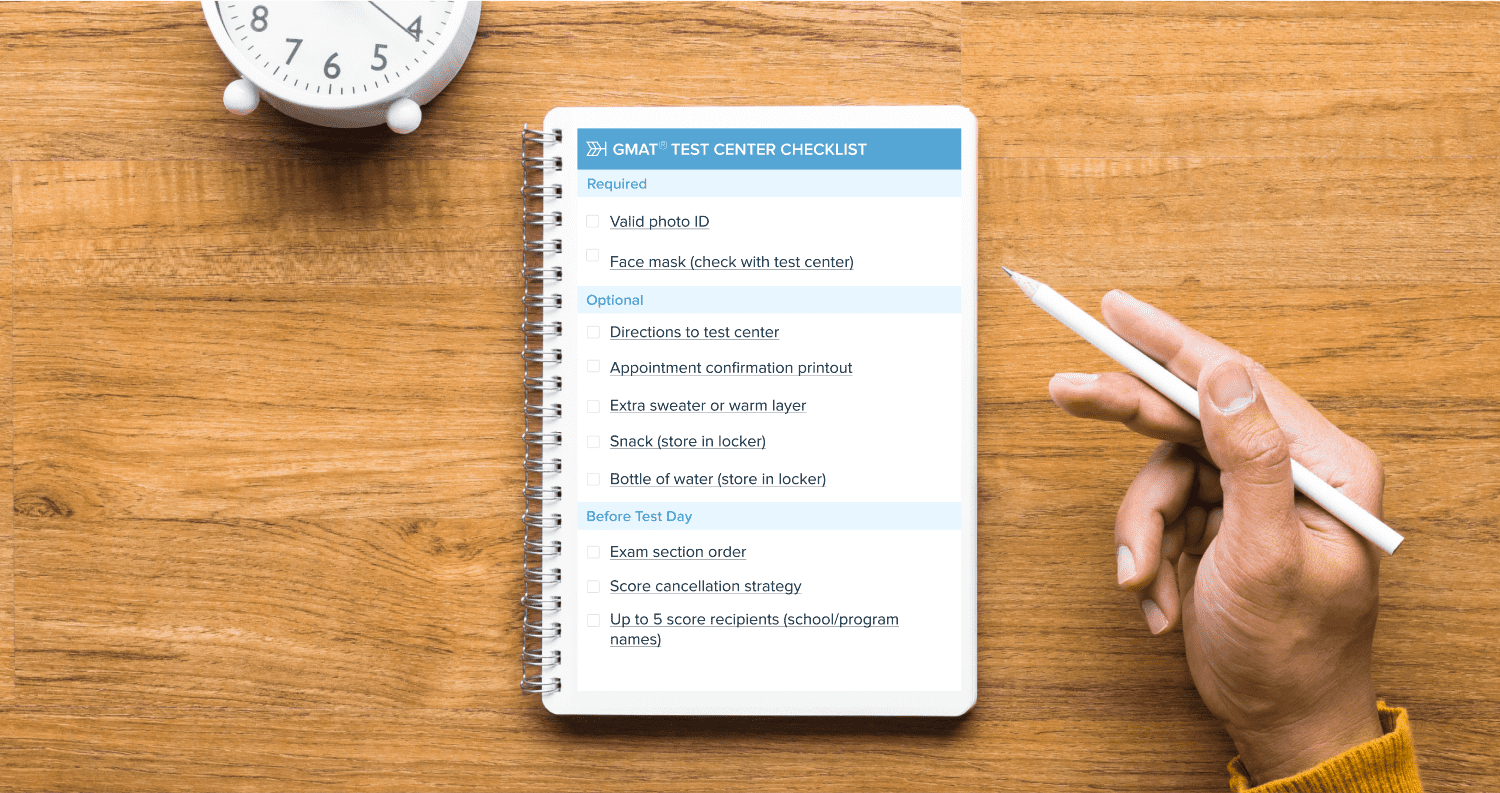
If you’re aiming for MBA or MIM to get in your desired B-schools the first step that you’ll need to take is to ace the GMAT exam. What else can one do to ace the exam besides studying all of the Quantitative and Verbal principles and practicing regularly? A good GMAT preparation approach must also be in place so that essential parts of preparation are not ignored. The effective application of these tactics can significantly improve your GMAT score.
For many aspirants GMAT does pose a challenge. According to statistics, only about 11 out of every 100 individuals who take the exam achieve a score of 700 or higher. The chances are highly stacked against individuals aiming for higher scores, such as 730 – 750. Only three applicants out of a total of 100 get a score of 720 or higher, putting them in the 730 to 800 area. But that does not mean that you can’t ace it besides all the hurdles with the right preparation and the right tips and tricks you can achieve that dream B-school of yours.
So, the first thing that comes to mind is: What is the best way to prepare for the GMAT in order to achieve a score in the 700s and above, ideally in the 720s and beyond? There are numerous options available, ranging from studying for long periods of time to covering as much territory as possible in terms of Math and Grammar ideas. Is this, however, a viable strategy? Will you be among the top percentile scorers if you choose this approach? If you want to learn the right approach and few things that you should keep in mind during your preparation then, reading this blog is the first thing you should do.
- Quant section needs logic and not the whole Math!
Despite the fact that the Quantitative Ability component of the GMAT exam is based on math ideas, the GMAT is not a math examination. Of course, you must understand the essential Math principles, as these are the foundations around which questions are built. However, where the students fall short is in attempting to answer these questions in the same manner that they did in school and college. To succeed on the GMAT Quant section, you must think logically as that is how they are designed. The top business school that are so eagerly to get in are looking for the students who are capable to deal with real problems of corporate world and not mathematicians. In fact, many quant questions do not even require you to solve all of the many embedded equations. Picking a simple integer and substituting it for the unknown variable might sometimes solve the problem more quickly and easily than solving the complex algebraic equation.
- Process of Elimination
The most important thing that you should remember during GMAT Preparation and while giving the exam is to use the process of Elimination. When is doubt, it is far easier to eliminate the wrong answers rather to pick a right one. Hence, you should always kick out the wrong answer choices if you are unsure about the right one. Make a case for why each one is incorrect (even if you don’t feel it is incorrect, explain it to yourself anyway). The option that is the most difficult to refute will most likely be the correct response.
- GMAT Sentence Correction can become a mess
Many GMAT candidates make the mistake of trying to learn too much content while studying for the Sentence Correction segment of the exam.
What could possibly be wrong with that?
The more Grammar rules you cover, the greater the chance of creating unnecessary ambiguity. Remember just as Quant section and other sections the sentence correction in the GMAT paper pattern is also designed to test your problem-solving skills, logic and critical reasoning that proves vital for the real corporate world. That is, if the query is mostly about evaluating Parallelism, they will start with the Idioms employed, or technical issues like Use of Clauses, etc. They are late for the bus. When the focus switches to an unimportant section of the statement, the time it takes to complete the sentence increases, as does the risk of missing the primary error. Many applicants get these questions wrong or mark their answers half-heartedly.
The most important grammar rules are verb agreement, tense usage, logical prediction (modifiers), parallel structure, diction, and pronoun usage. So don’t go overboard with your grammar. Otherwise, you risk becoming a Jack of All Grammar Rules and Master of None, rather than a perfectionist.
- Choose Quality over Quantity. Don’t over Prepare
3000 common questions OR 1500 good questions? Do you think successful GMAT students spend too much time studying and practicing? You could say, yes it does and What’s the problem with it, you might wonder? Aren’t we required to study and practice a lot in order to pass the GMAT? One must practice and attend as much sample paper as they can but should also keep in mind that the questions on which they are putting their energy should be and have to be relevant to the GMAT and is the part of the actual GMAT Syllabus.
There are plenty of GMAT Online courses to study from you should choose a course that fits well into your study plan and is convenient for you to understand and remember consistency over intensity. Over preparing won’t help you because GMAT preparation is comparable to learning to play chess. It’s not enough to learn and understand all of the concepts and tricks; it’s also crucial to be confident and swift when using them. In the quant part, this entails performing rapid calculations. It is preferable to have shorter, daily training sessions to strengthen this talent rather than cramming on the weekend.
- The Verbal Section matters more than you think
While many business school curricula place a strong emphasis on numbers, accurate communication skills are essential if you want to succeed in the corporate world. Not only that, but they’re essential if you want to do well on the GMAT. Because the quantitative and verbal sections are clubbed together to form the final score, whether you’re a math expert or not, a bad performance on the verbal section can jeopardize your overall score. So, you should plan to focus on the verbal section equally.
Endnote
We hope the above tips and strategies will help you to give insights on all nitty-gritty things you should remember during your GMAT Preparation. And if you want to have expert guidance in your preparation you can always choose to enroll for GMAT prep Online, that way you can save your time and prepare from the comfort of your home. One most important thing to remember is that preparing for any competitive exam requires over a good month to prepare in order to give yourself the best chances of success.




